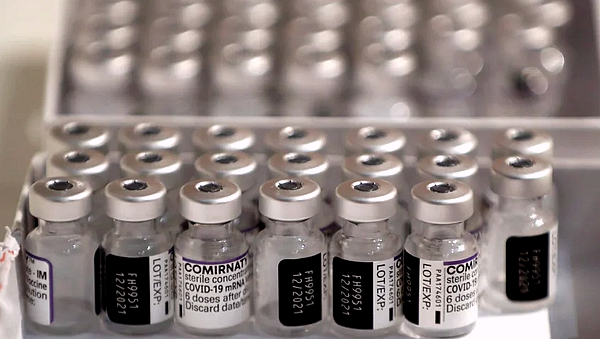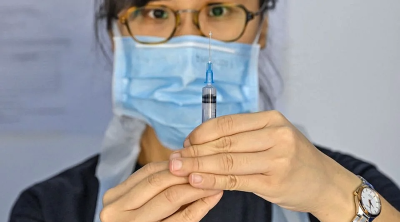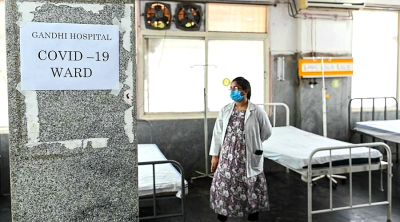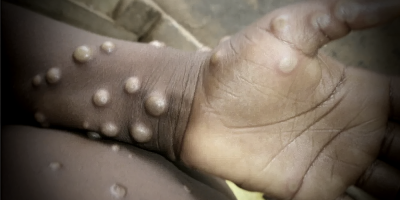By Isabelle Tourné
PARIS, Jan 5 (AFP) — With new versions forcing vaccine makers to re-test jabs, the virus that causes Covid-19 has proven highly unpredictable.
But the latest variant to sweep the globe has persuaded some experts that long hoped-for collective immunity is in sight, and that the virus may be evolving into a relatively benign seasonal illness.
Omicron has proven particularly contagious, infecting people thought to have immunity conferred by vaccines or a bout with the disease itself.
But while Omicron it driving a record number of cases in countries around the world, the illness is generally less severe, compared to previous variants.
More people getting Omicron and recovering, combined with more vaccinations, could be the key to boosting collective defences against almost any form of Covid, some experts have said.
Lower rates of hospitalization due to Omicron also suggests Covid-19 might evolve into a weaker form, similar to coronaviruses long circulating in the general population.
“Perhaps we are witnessing the beginning of an evolution towards a more banal virus like the others we know,” said Alain Fischer, who coordinates France’s pandemic vaccine response.

Clinical virologist Julian Tang reacting to a UK study on Omicron’s lesser severity, said he imagined one day repeat vaccination and other measures would only be necessary for the most vulnerable.
“I am still hopeful that the virus will eventually become more like the other common cold coronaviruses — perhaps over the next one to two years,” he said.
These conjectures have been embraced by public health officials.
Speaking before the legislature this week, French health minister Olivier Veran said “maybe this will be the wave that allows us to acquire a kind of immunity”.
Earlier, his Israeli counterpart, Nachman Ash, told an Israeli radio station that herd immunity was “possible”.
“But we don’t want to reach it by means of infections,” he said. “We want it to happen as a result of more people getting vaccinated.”
In Israel, two thirds of the population is fully vaccinated. This week the government approved a fourth jab for people over 60 and health workers in a bid to fight the virus without resorting to a lockdown.
‘A more banal virus’
Even if Omicron leads to fewer severe cases per million people, a larger proportion of the population infected means that hospitalizations are bound to increase overall.
The World Health Organization (WHO) ahead of the holidays stressed the danger of many people getting infected with Omicron while the more severe Delta variant is still circulating.
In the absence of herd immunity worldwide, Omicron is unlikely to be the last Covid variant, experts warn.
“We aren’t there yet,” said Fontanet.
“We can expect new variants to emerge, but as our immunity strengthens over time — either through natural infection or with booster doses of the vaccine — their ability to lead to serious consequences will diminish.”
For epidemiologist Antoine Flahault, who heads up the Institute of Global Health in Geneva, all scenarios remain on the table.
“If we want to start learning lessons from the recent past of this
pandemic, let us remember that it is largely unpredictable,” he told AFP.
ADVERTISEMENT
ADVERTISEMENT








































